There's a reason that the modern toilet brush — with its long handle and its conveniently self-sealing storage base — looks the way it does.
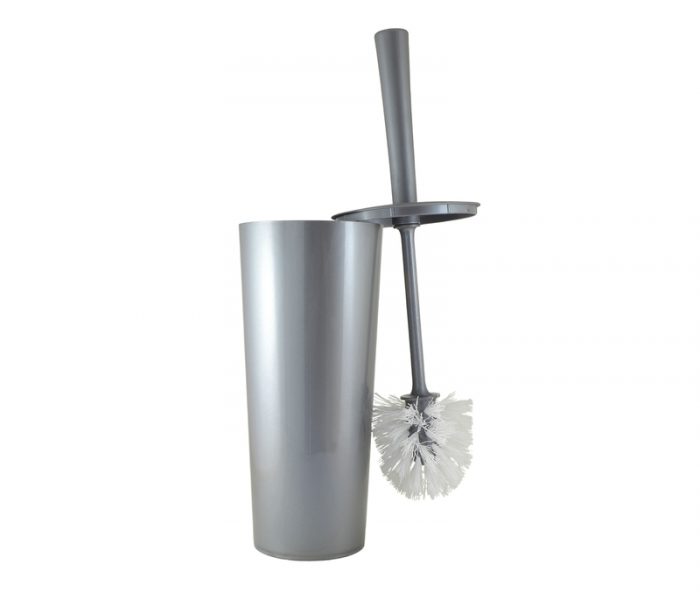
"Hey, don't hate me because I'm beautiful!" (© Kuznetsandr - Dreamstime.com)
No one likes cleaning a toilet. No one wants to get near to a toilet. And no one wants to see or think about the thing that was used to clean that toilet when that thing is not in use. And so the toilet brush is perfectly designed to keep a healthy distance between your hand and that bowl.
But what if you didn't need to clean the toilet bowl at all? We're not talking about being lazy and just ignoring it. We're talking about possibly one of the greatest, why-didn't-they-think-of-that-earlier inventions of all time.
A non-stick toilet bowl.
Sticky situation
Researchers at Penn State University claim to have done just that. And what's more, it's not some super expensive, industrial grade Teflon steel bowl that you have to buy brand new. This is a spray-on coating that could be applied to basically any existing toilet. Its inventors call it LESS, or liquid-entrenched smooth surface. Before we look at how it works, let's take a moment to appreciate why it's necessary.
Poop is sticky. Healthy poop is a mixture of liquid and solid waste. So sometimes it doesn't wash away easily. Have we talked about it too much already? Okay, moving on!
Slip and slide
"Yes, but does it work on gold, too?" (Getty Embed)
Enter Tak-Sing Wong and his mechanical engineering team at Penn State University. They've already made their name as non-stick experts when they were approached by a group that was trying to make a new toilet for the developing world that would be less wasteful and more hygienic. The top problem? Sticky poo.
Disease-spreading germs grow on leftover waste. And trying to get rid of it with extra flushes just wastes water. So the task was set. It took a few years — including making lots of batches of fake poop to test — but they did it. LESS can be applied in about five minutes and is actually two sprays. The first one is a layer that chemically creates millions of microscopic "nanohairs". Then the second spray is a silicone oil that binds to the first layer.
Careful! Slippery!
Cut in half
Many modern toilets used dual flush options to try and cut down on the amount of water used. (Getty Embed)
LESS may not be commercially available yet, but once it is, it seems like an easy fix for an age-old problem. Tests show that instead of the average 6 litres (1.6 gallon) per flush used in common toilets, a LESS-coated toilet would only need half that amount. If every toilet in the world used this stuff, the water savings would be pretty impressive.
That said, it's not flawless. Like wax on a car, the coating would need to be replaced periodically. In particular, pee appears to wear it down much faster than normal water so it needs replacing after about 50 uses. But whatever improvements it needs, this is one innovation that we hope sticks!
Watch this non-stick toilet coating in action (including that fake poop we were talking about!) in the video below.
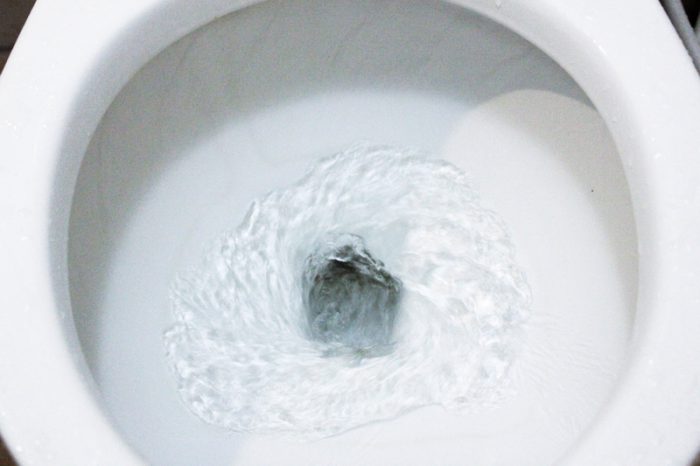 The world uses about 141 billion litres of water a day to flush toilets. This technology could cut that number in half! (© Amintaounwong - Dreamstime.com)
The world uses about 141 billion litres of water a day to flush toilets. This technology could cut that number in half! (© Amintaounwong - Dreamstime.com)

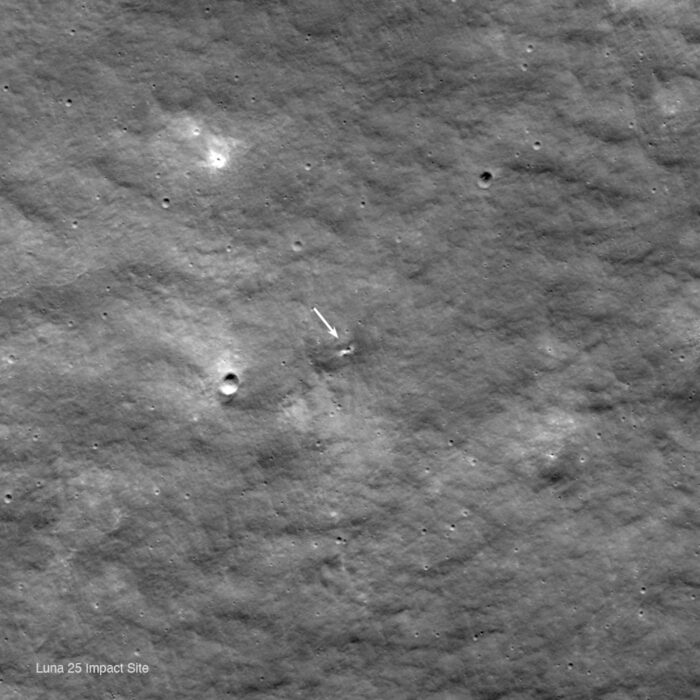
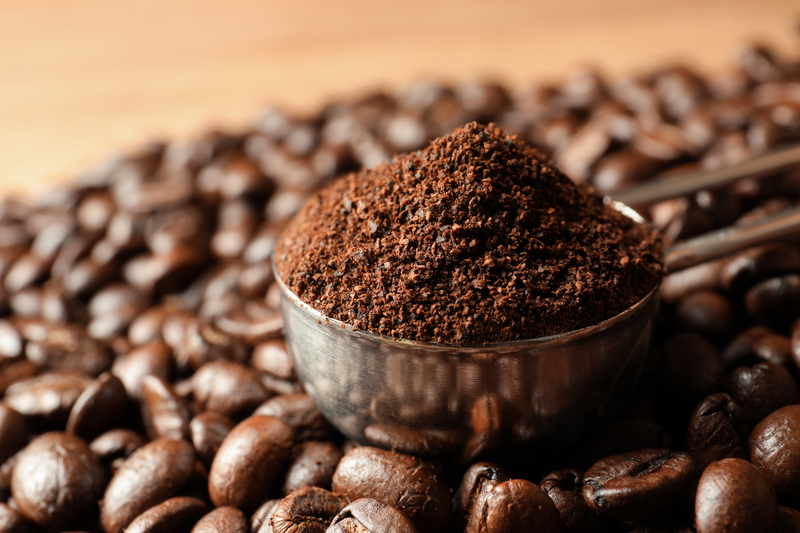


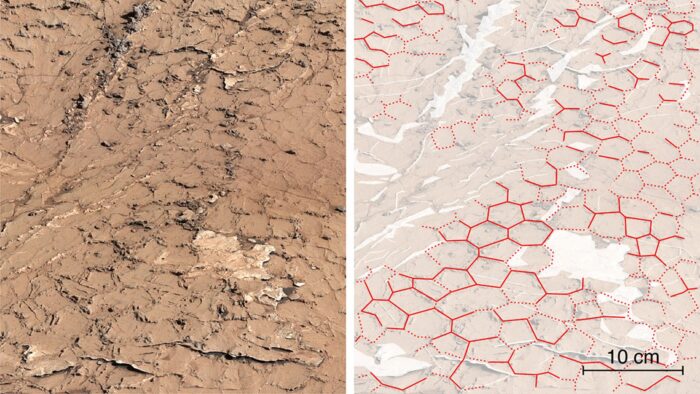

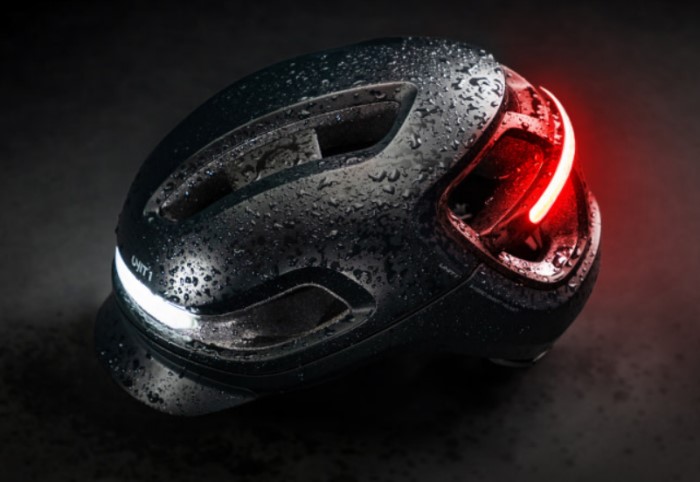

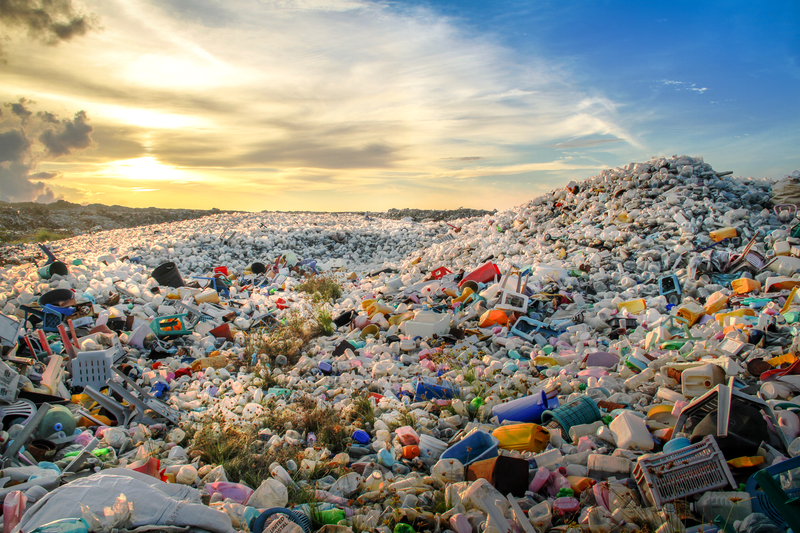
Ewwwww!
What is the name of the spray and where can you buy it
cheers dennis
🙄 I can’t wait for this product to come on the grocery shelves across America. Gooo Penn State………………..
A very nice breakthrough.
I live in West Africa in a coastal environment in which sewage from conventional toilets seep into the ground water. I would love to try this coating on home-designed waterless toilets. Do let me know how to locate the coating in commercial quantity please.
When can I get some
So three years have passed – where is this liquid-entrenched smooth surface? I have not seen a commercial product yet? Still waiting patiently ..